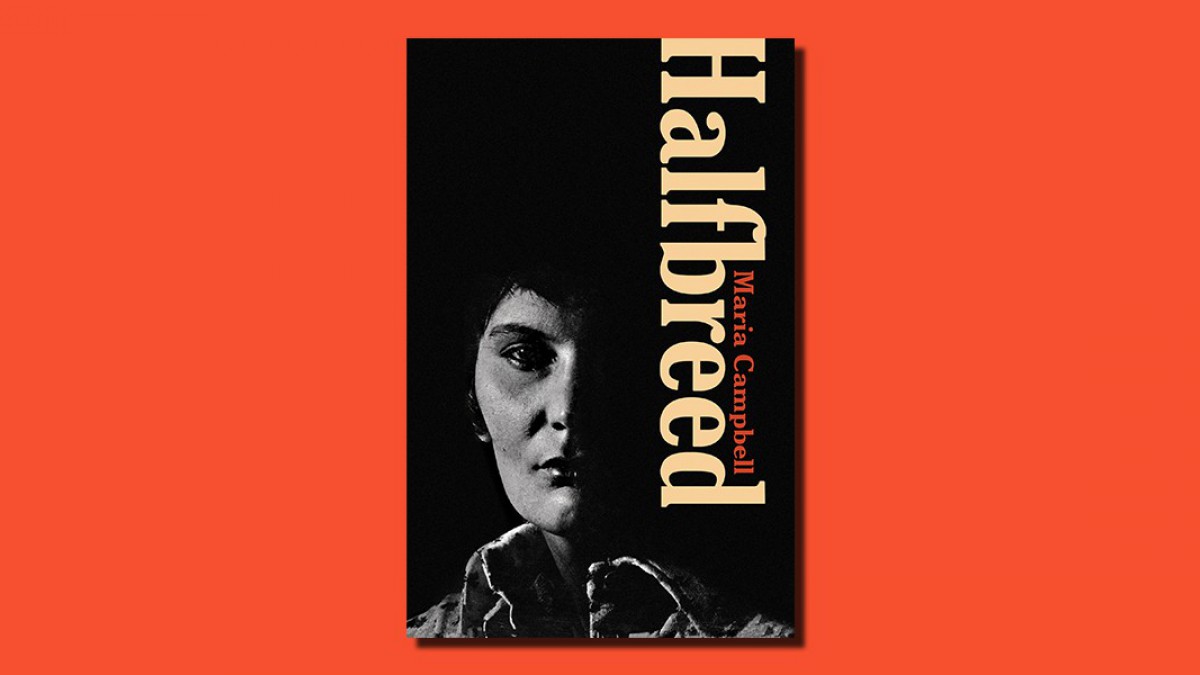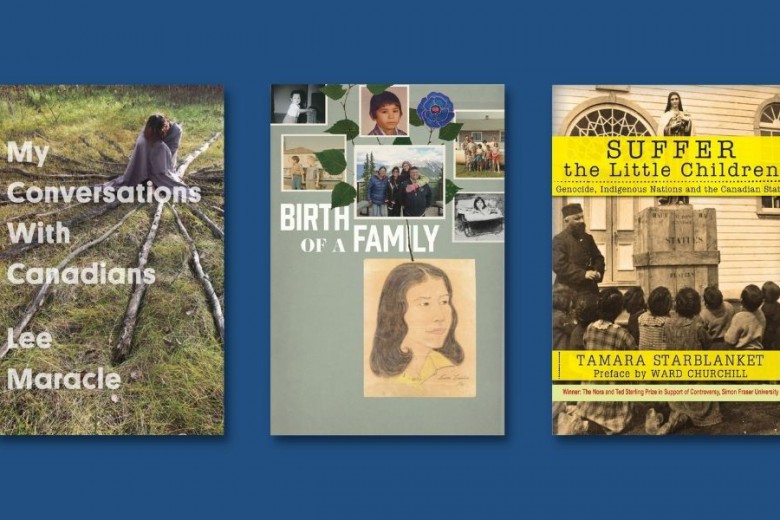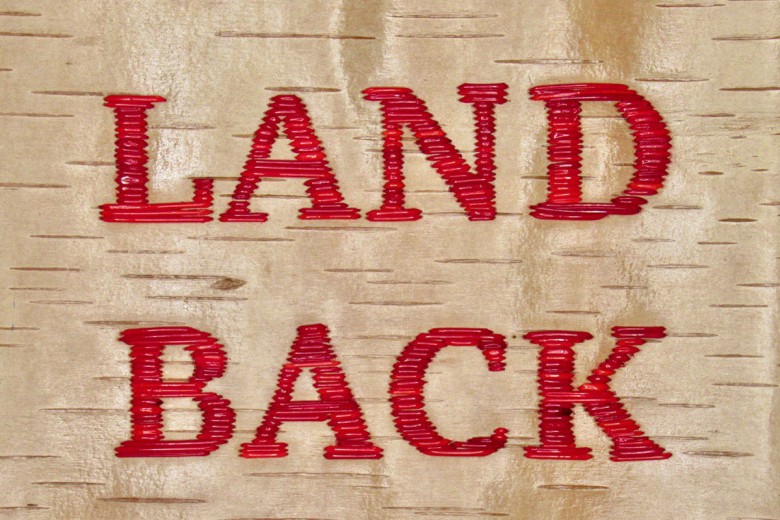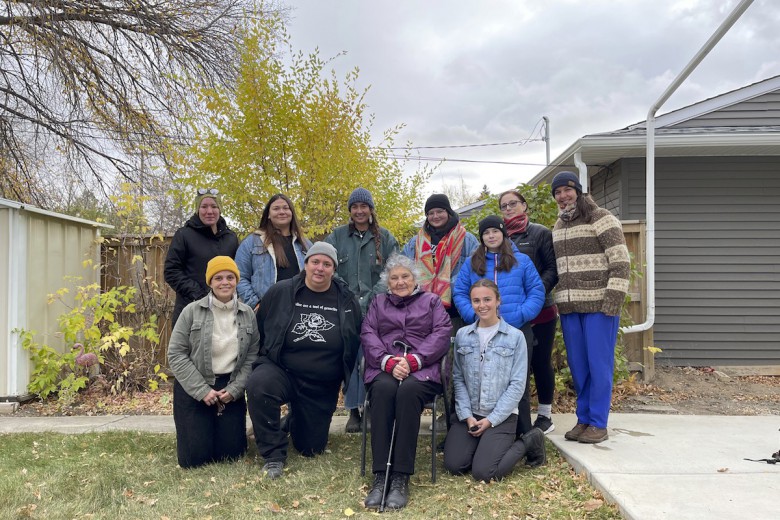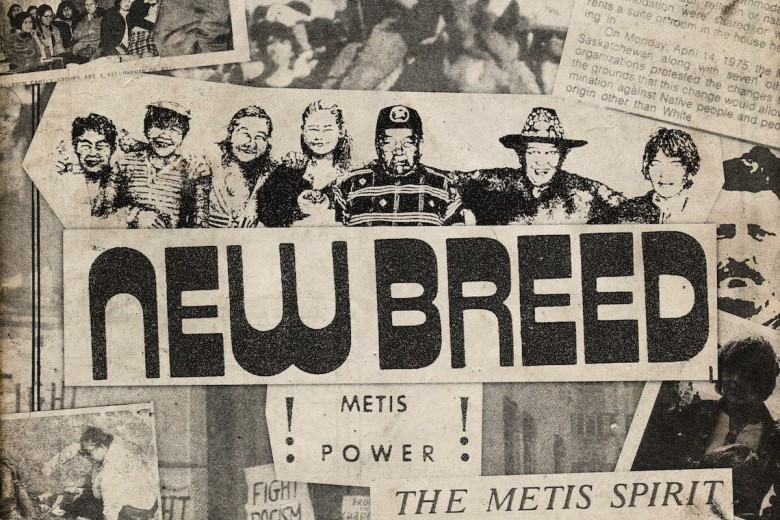My father lives alone year-round on a lake in the bush in Treaty 3 territory in northwestern Ontario. Last year, because of the pandemic, I went to live with him for six months. It was the first time I’d spent so much time with my dad as an adult.
During my visit, I pressed him for details about our Métis ancestors – knowledge that, through assimilation, has been erased in our family. It made me sad to ask him questions he didn’t have the answers to, and I saw that it hurt him not to know. I stopped asking him questions but was determined to connect with our Red River kin and find out about who we are by other means.
I joined the Circle of Sisters book club at the recommendation of my oldest sister, Alie, who has been with me on this path of reclaiming our Métis culture and identity and becoming good citizens. Circle of Sisters is a book club run by Waanishka Movement Inc., a non-profit whose name means “get up and rise” in Michif and works to “[create] space for Indigenous peoples and [highlight] our people’s stories.” Last year, while we worked through the long process of applying to the Manitoba Metis Federation for our Métis citizenship, Circle of Sisters helped Alie and me connect with other Métis women.
It made me sad to ask him questions he didn’t have the answers to, and I saw that it hurt him not to know. I stopped asking him questions but was determined to connect with our Red River kin and find out about who we are by other means.
Each month, the members read a book authored by a different Indigenous woman. We write our reflections on different chapters in a Facebook group, and once a month we meet virtually to discuss. The first month, we read Halfbreed, the seminal 1973 memoir by Cree-Métis writer, playwright, filmmaker, scholar, teacher, and Elder Maria Campbell. It was a happy accident that all the participants of the first month’s virtual meeting were Métis women.
Halfbreed is a memoir of Campbell’s early life that she wrote to put her reality as an Indigenous woman living in Canada on display. At the time, there were very few books written by Indigenous women in Canada, certainly none that so honestly and vividly depicted the abuse and trauma inflicted by the state and settlers. Campbell describes her father being imprisoned for six months for hunting on their traditional lands, and being raped by a Mountie at 14 years old in her home in Saskatchewan (an episode that was removed from the first edition of the book by publishers McClelland & Stewart without Campbell’s consent). Campbell’s words paved the way for many great Indigenous authors to follow.
As I read Campbell’s book, I listened for similarities to my own stories and my ancestors’ stories – and I found them. I was eager for our first online Circle of Sisters meeting to see if I connected with the text in similar or different ways than the other Métis women in the group.
Surprisingly, all of us connected to the theme of caring for – and often acting as a parent to – siblings and cousins, and developing very close bonds with them. I thought this was simply my own experience with my three siblings. In the foreword to the 2019 edition, Dr. Kim Anderson comments on this major but often-overlooked theme: “Halfbreed shows us a young woman with a deep commitment to family as she works against formidable challenges to be a caregiver/protector to her siblings.” In the book, when Campbell’s mother died at a young age, she took on the role of caring for her siblings, even withdrawing from school to do so. When her family became so impoverished that they considered giving her siblings away, she wrote, “Those little ones were mine and a part of me. I could not give them away.” In our online discussion, some of us reflected on moments where we relied heavily on our siblings for care and emotional support when our parents or grandparents had not been able to provide it. Others spoke about how they grew up fast, like Campbell, in order to take care of their siblings. There was no sense of bitterness in our discussion; while many of us had missed out on carefree childhoods, we each felt proud of the strong sibling bond that we’d nurtured – a type of sibling solidarity.
Surprisingly, all of us connected to the theme of caring for – and often acting as a parent to – siblings and cousins, and developing very close bonds with them.
This solidarity undergirds Campbell’s and her siblings’ resistance to colonialism, like when they decided to “punish” the old priest who stole from a Sundance Pole by tripping him with rabbit wire, or when they chased and tormented their “very authoritarian and superior” -acting Seventh-Day Adventist neighbours. This solidarity was built against the family’s experiences of systemic poverty, discrimination, and physical abuse, as well as the shame they were made to feel for being halfbreeds.
“The one thing I felt I [could] relate to the Métis at that time was the sense of not belonging. It’s a common struggle in our generation,” wrote one book club member in our online discussion. “I am learning and seeing how those feelings of shame are still present in our families, especially in grandparents and sometimes our parents,” another member wrote. “It’s difficult to put in words, but in my perspective our historical experiences and ongoing lack of belonging are still present as we continue to so often be ‘the forgotten people.’”
While many of us do the work of finding our place – in the world, in our communities – as Métis women, the journey is meaningful when we can travel with our siblings and our kin. Together, we can heal the trauma our parents and grandparents experienced and create mutually supportive relationships. Campbell writes that this healing work is done “always in the spirit of wahkohtowin,” which Anderson defines in the foreword as “an interconnected web of relations in which everyone has responsibilities.”
“I am learning and seeing how those feelings of shame are still present in our families, especially in grandparents and sometimes our parents.”
It is beautiful that while the pandemic persists, Indigenous people are drawing on the teachings of our ancestors and are reading and re-reading foundational Indigenous texts like Halfbreed. Our ancestors have survived pandemics and worse. Times of widespread struggle demand a collective response. Reading Halfbreed together, we built a new network of support and belonging that will allow Campbells’ teachings to ripple into our respective communities. As Campbell listens to her Cheechum (her kokum) and cares for the little ones (her younger siblings), she exemplifies who we need to be during difficult times like these: caretakers and advocates in our communities, acting in the spirit of wahkohtowin and grounded in the teachings of those who have come before us and faced similar struggles.
The knowledge of resilience in the face of trauma is not all I take from reading Halfbreed with our Circle of Sisters. Yes, I carry strength from the stories of Campbell’s survival, but more importantly, I take all that is good – the beauty of Campbell’s love for her siblings and her community, the brilliance and the tenderness she finds in the face of great pain and hardship, the stories and sharing we have facilitated as a group.
Even though I am currently unable to have conversations about our Métis-ness with my dad or my aunties, I am on this journey with my siblings and I hope, someday, with my cousins as well. They give me strength and pride in who I am, in who we are. We will be the first ones in a long time in our family to have pride in being Red River Métis Johnstons, and I look forward to continuing to honour our ancestors in this way.


